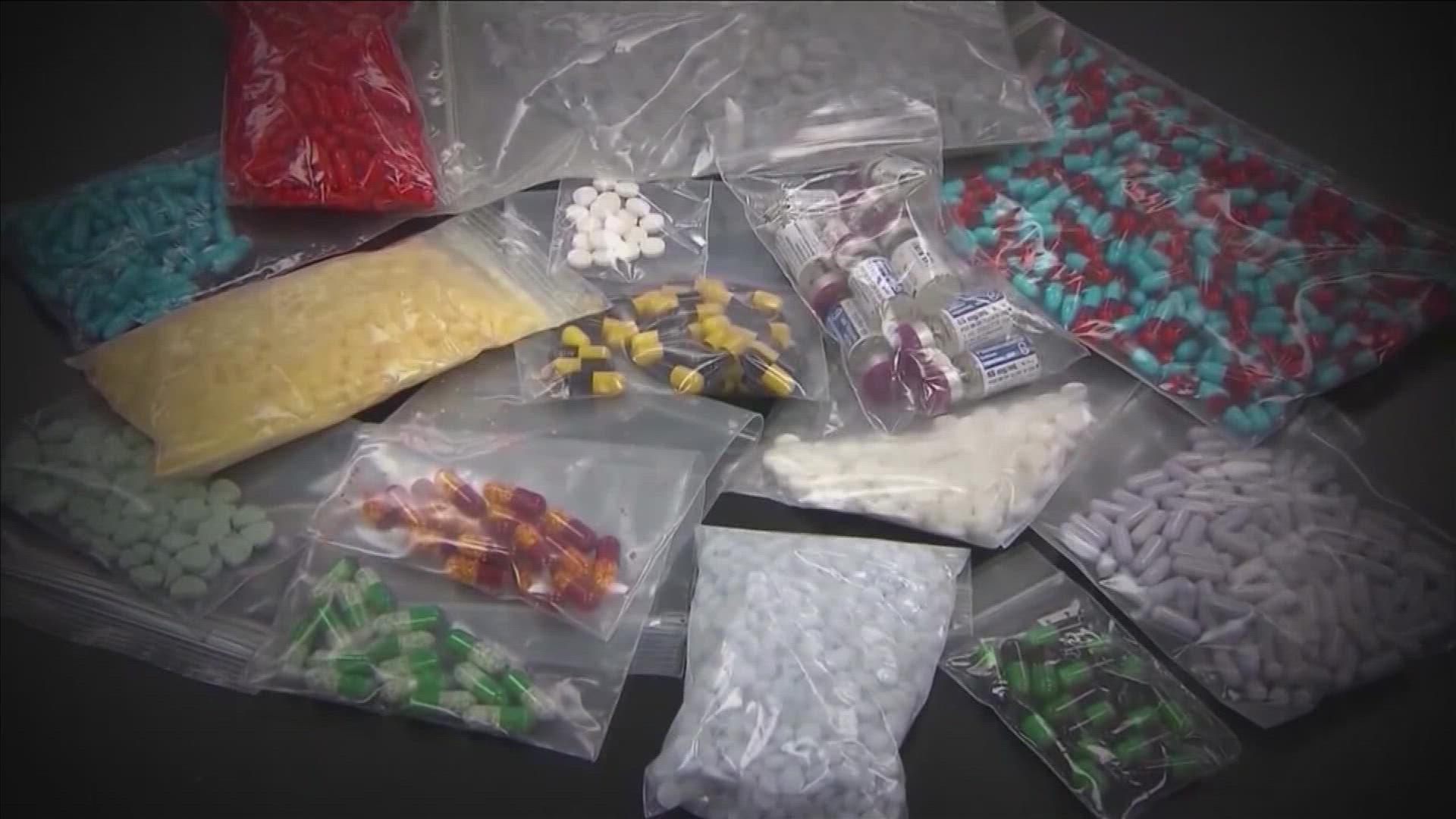MEMPHIS, Tenn. — The U.S. Department of Justice announced in a press release on Monday, March 14, that McKesson Corporation, the pharmaceutical distribution company, will be required to pay $1 million in civil penalty fees to resolve alleged recordkeeping violations after failing to meet guidelines under the Controlled Substances Act (CSA).
According to the U.S. Department of Justice, McKesson’s subsidiary packaging company located in Memphis, RxPak, showed several inconsistencies in recordkeeping.
An investigation performed by the Drug Enforcement Administration (DEA) Memphis Field Division discovered more than 700 separate recordkeeping violations, showing evidence of overages or occurrences of excessive quantities of drugs on hand for eight controlled substances.
The investigation also revealed that McKesson RxPak’s records showing the number of Scheduled II controlled substances the company sold did not match the sales reports that the company submitted to the DEA.
“When companies violate the CSA by failing to make accurate reports or to maintain required records, the department will work with our law enforcement partners to hold them accountable, U.S. Attorney for the Western District of Tennessee, Joseph C. Murphy Jr., said. “Enforcing recordkeeping requirements under the CSA is crucial, particularly during the current opioid epidemic, to ensure that often-misused controlled substances are transferred only through legitimate transactions, and not diverted to illegal channels.”
The packaging company allegedly failed to take “initial inventory” incoming drugs and controlled substances, and it did not keep accurate logs of the controlled substances that were received, manufactured, sold, delivered, and destroyed.
The subsidiary also failed to complete or accurately fill out DEA-222 forms, which are forms used to transfer or order Schedule II controlled substances. Schedule II controlled substances includes drugs like hydrocodone, methamphetamine, oxycodone, and other drugs that are often abused.
“Prescription drug misuse and abuse continue to significantly contribute to the unprecedented opioid epidemic our country is currently facing,” said DEA Administrator Anne Milgram. “In order to protect the safety and health of Americans, all DEA registered entities have a basic obligation to maintain full and complete records, which is essential to preventing potentially addictive medications from being diverted from the legitimate drug supply.”
Milgram said that the DEA will hold all registrants accountable for all CSA violations.

